I've stated in the past how the role of setting is fundamental to your story and script. Thinking through your setting and its "connections" will also help further your process of "world-building". Here are a few questions to get you going.
WHY THIS SETTING?
What makes your setting the right one for your story? How does it fit, influence, and inform your characters? Do they like living there? Do they hate it? Do they feel the pressures of it? Is your setting typical for your story's genre(s)? Or does it serve as a creative contrast? Do aim for a place and setting not often seen on film.
Can't argue with that.
WHAT MAKES YOUR SETTING UNIQUE? WHAT IS IT KNOWN FOR?
Is your setting the ______ capital of the world? Does it have a large senior population? Is it in close proximity to a landmark or a geographical feature? Is it known for a local delicacy (like a style of barbecue)? Did a disaster or major crime happen there? Is it blue-collar? White-collar? No collar? This is also a good way to think about those "little details" in even the most day-to-day activities.
SHOULD IT BE KNOWN FOR OTHER THINGS?
Does your setting have a thriving arts community? Is it a hot spot for small businesses? An accepting place for LGBT+ people? Is it a place for new ideas in community, recreation, the environment, etc. to take root? This is also useful for showing how your setting isn't just one state of mind or one set of ideas.
Thanks, Springfieldian barflies!
WHAT DETAILS DO YOU WANT TO INCORPORATE?
Most settings are actually quite multifaceted, so it's likely best for you to focus on the parts you want to thematically tie into your story. If you want to show your setting's nautical history and community, for example, keep an eye out for boat supply stores, marinas, tours, themed hotels, etc.
Unfortunately, not all cities will have a singing sea captain.
WHAT IS YOUR PERSONAL EXPERIENCE?
A great "cheat" to emotionally color your setting is your own memories of it, especially if a character is based on yourself or someone you know. Do your memories color your setting with nostalgia? Melancholy? Anger? Peace? A sense of unfortunate distance? This too is tied to tone, but it's a great starting point once you have an idea of your setting.
Some settings might really seem that idyllic and old-fashioned.
GET THE VISUALS
With all of the above points in mind, think about the visual aspects of your setting that will stand out on film. Is your setting vast and empty? Cramped and boxy? Picturesque with a sense of humor? There's probably a shot or a sign for that.
The world-famous neon sign for Nanaimo's Castaway Hotel.
As I said in my previous posts on details and fonts, the age, condition, and community attitudes toward these visuals can play a great subtextual part in your story and what you want it to accomplish.
I was going to suggest "Waiting for God(ot)", but this one's good too.
Perhaps your setting is a character in your story. Perhaps it isn't. Perhaps it's so dreary for your characters that it drives them to varying degrees of desperation. But the key, of course, is to know its importance so you can mold and shape it however you want.
Unless, of course, your setting is too bizarre for you to shape.
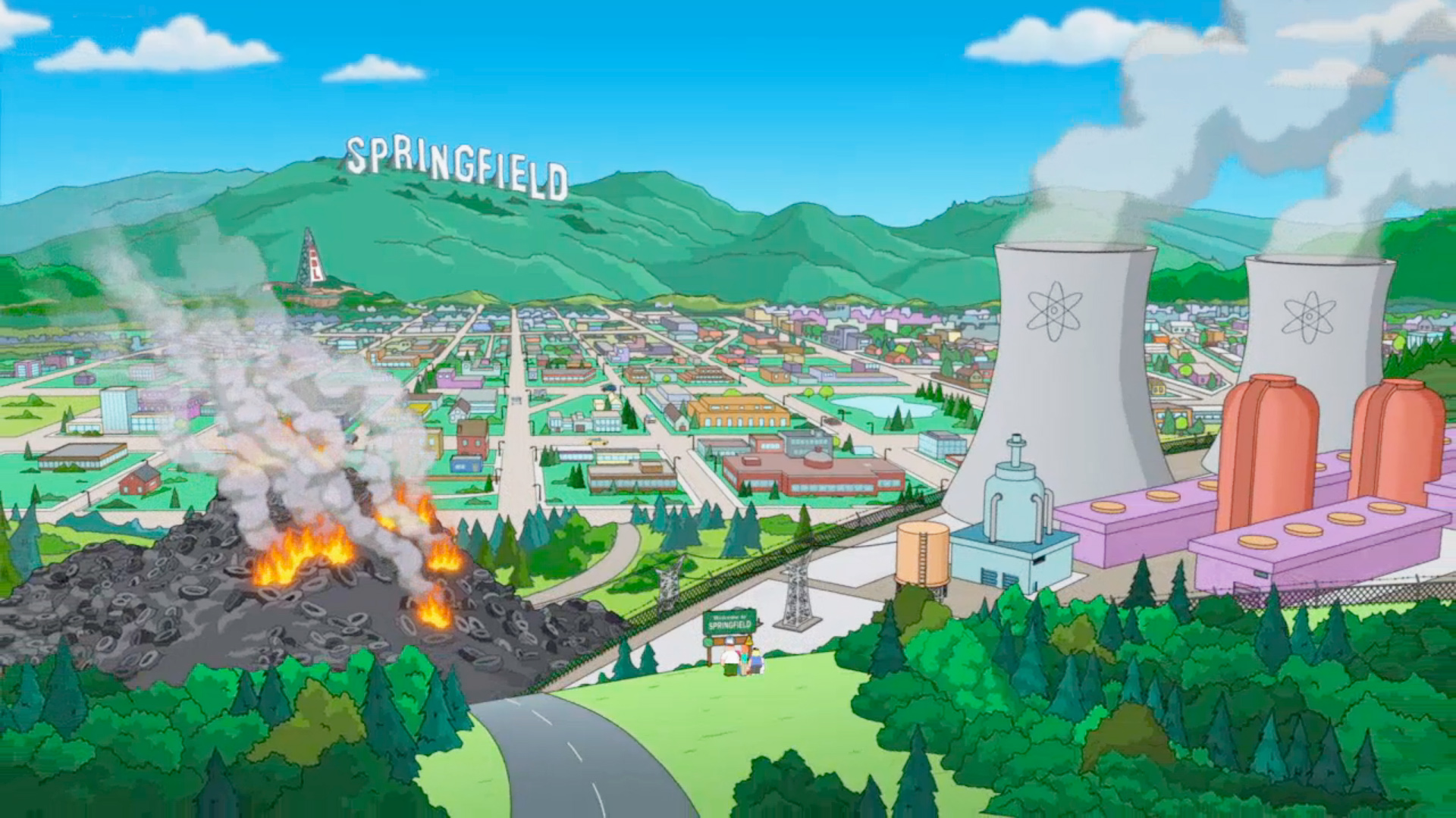
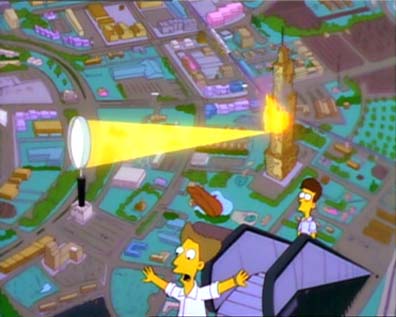
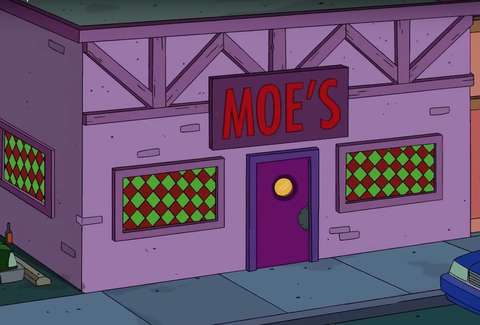
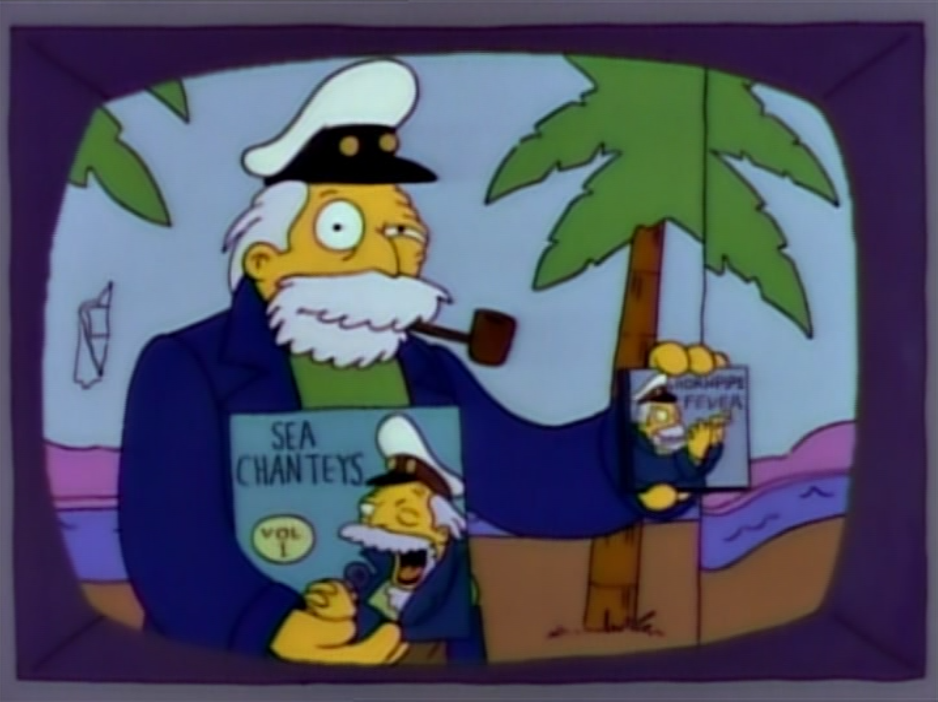


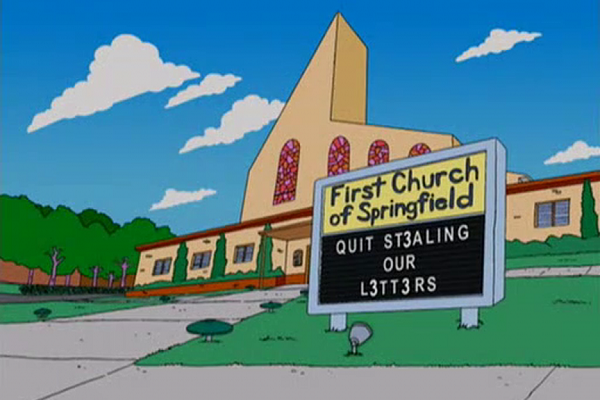

No comments:
Post a Comment